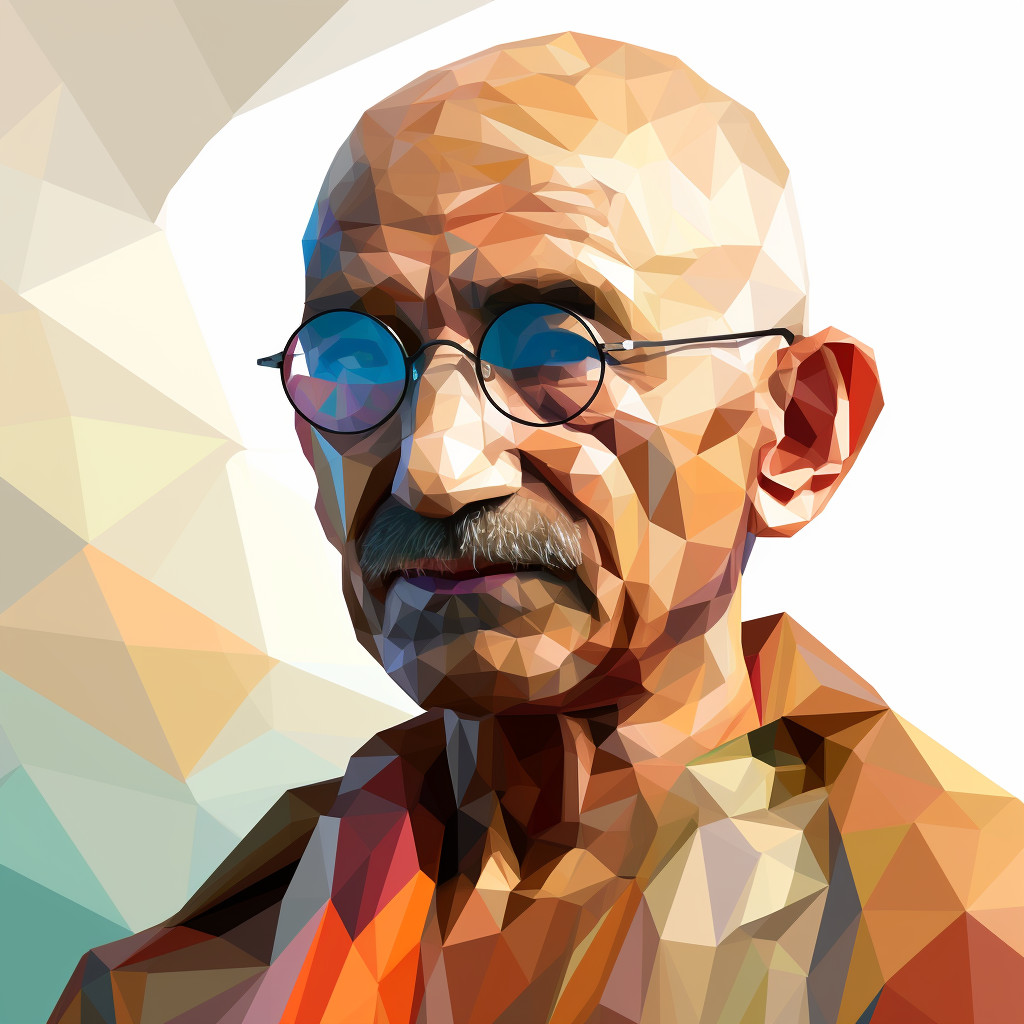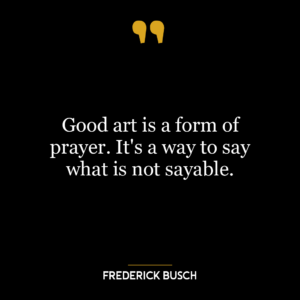This quote essentially emphasizes the interconnectedness of prayer and fasting, two spiritual disciplines often practiced in many religions. It suggests that prayer and fasting are two sides of the same coin, each incomplete without the other.
Prayer is often seen as a way to communicate with a higher power, to seek guidance, express gratitude, or request assistance. It’s an act of faith, a way of acknowledging that there’s a power greater than us. Fasting, on the other hand, is a physical discipline, often seen as a way to cleanse the body and focus the mind, making it more receptive to spiritual insights.
The quote suggests that without the physical discipline of fasting, prayer might become just empty words, lacking the focused intention that comes from a clear and disciplined mind. Conversely, fasting without prayer might be just a physical exercise, lacking the spiritual connection that gives it deeper meaning.
Applying this idea to today’s world or personal development, it might suggest the importance of balance and integration in our lives. Just as prayer and fasting are seen as complementary spiritual practices, so too might we need to balance and integrate different aspects of our lives. For instance, intellectual development might need to be balanced with emotional growth, or professional success with personal fulfillment.
The quote might also suggest the importance of discipline and sacrifice in achieving our goals. Just as fasting involves giving up certain physical comforts for a greater spiritual purpose, so too might we need to make sacrifices and exercise discipline in pursuit of our personal and professional goals.
Finally, the quote might also suggest the importance of purpose and intention in our actions. Just as prayer and fasting are seen as purposeful acts, so too might we need to act with purpose and intention in our lives, rather than simply drifting along or reacting to events.





